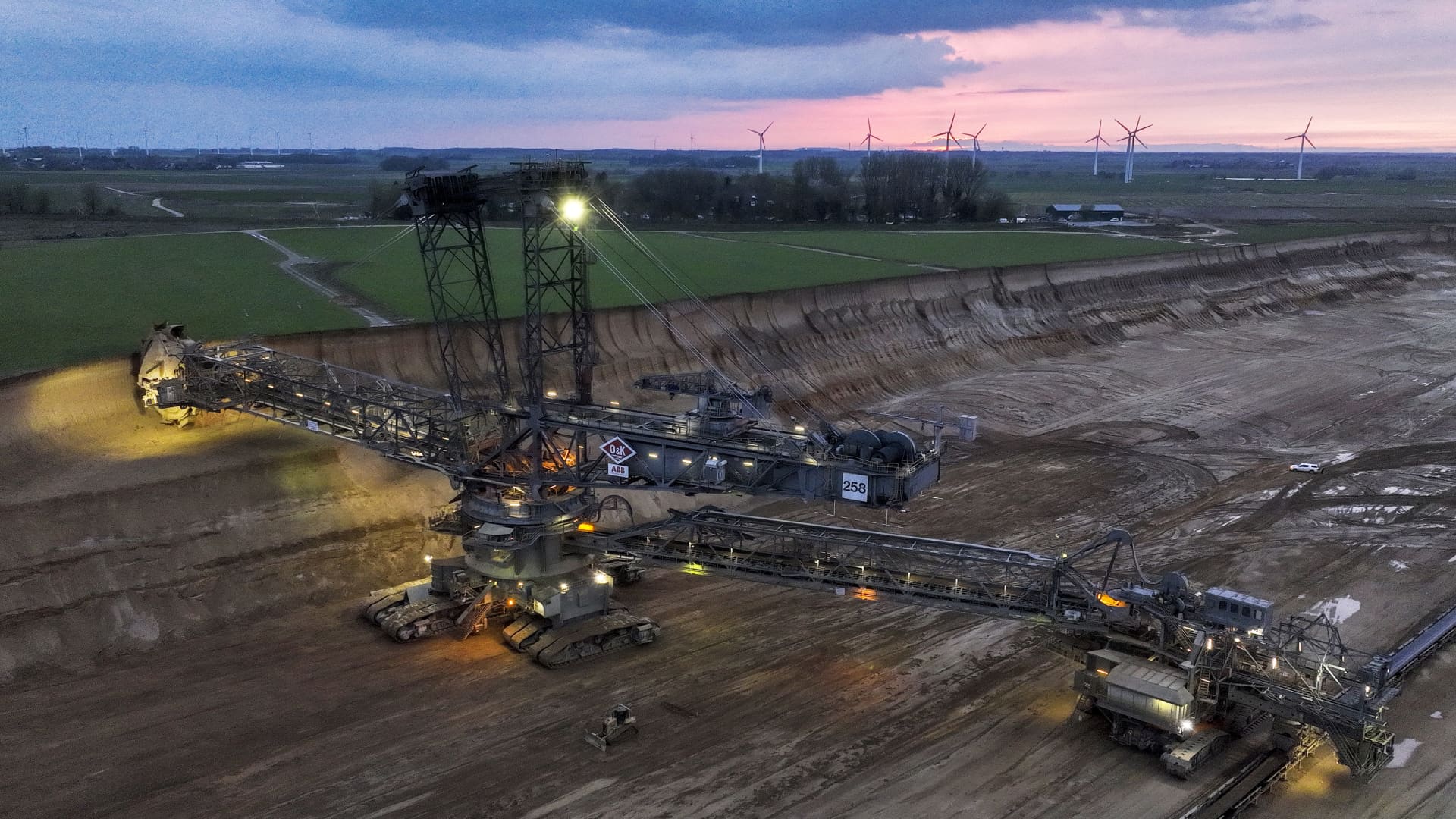The chief financial officer of German energy firm RWE told CNBC Thursday that it will burn more coal in the short term — but insists its plans to be carbon neutral in the future remain in place.
Michael Muller’s comments come as European countries scramble to shore up energy supplies, as the war in Ukraine continues.
Russia was the biggest supplier of both petroleum oils and natural gas to the EU last year, according to Eurostat. It has significantly reduced flows of natural gas to Europe after Western nations imposed sanctions on the Kremlin as a result of its unprovoked invasion of Ukraine.
Germany — Europe’s largest economy — has decided to recommission some of its coal-fired power plants in order to compensate for its lack of Russian gas.
“RWE is actively supporting the German government, or European governments, in managing the energy crisis,” Muller told CNBC’s Joumanna Bercetche. “So we’re also bringing back additional coal capacity to manage that situation.”
This plan will involve three of RWE’s lignite-fired power stations being brought back to the grid from the start of October.
RWE says lignite, also known as brown coal and considered particularly bad for the environment, “remains a reliable partner to this day.” It adds that RWE Power — which focuses on lignite and nuclear power generation — extracts millions of metric tons of coal each year.
All of the above represents a hurdle for the Essen-headquartered business, which has said it wants to be carbon-neutral by the year 2040.
A fossil fuel, coal has a substantial effect on the environment and Greenpeace has described it as “the dirtiest, most polluting way of producing energy.” Coal combustion produces a slew of potentially dangerous emissions, including carbon dioxide, sulfur dioxide, particulates and nitrogen oxides.
“What is currently happening is … hopefully a short term issue where we need to find the security of supply,” RWE’s Müller said.
“And that’s why, just from a corporate citizen’s perspective, we feel it is our duty to support the German government in bringing back capacity in the short term — but to be very clear, it doesn’t change our strategy,” he added.
“So while [in the] short term we have to burn additional coal, it needs to be clear that there needs to be an acceleration of building out renewables so that we still meet … targets in the medium and long-term.”
On Thursday, RWE reported earnings for the first half of 2022, with adjusted net income coming in at 1.6 billion euros (around $1.66 billion), compared to 870 million euros in the first half of 2021.
The company said it had invested approximately 2 billion euros in expanding its green portfolio in the first half of 2022. “Total investments will come to more than 5 billion [euros] by the end of 2022,” it added.
Electricity generation from renewables was around 20% higher in this period compared to the first half of 2021, it said, citing improved wind conditions and increased capacity.
